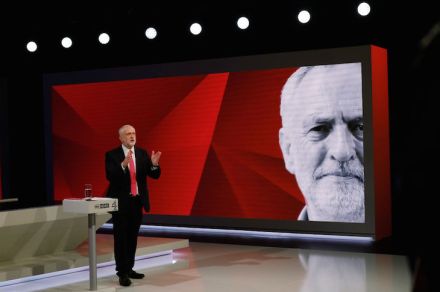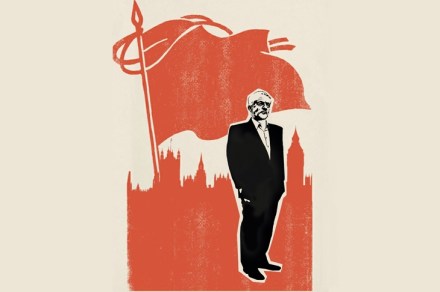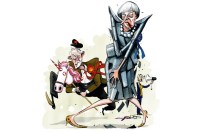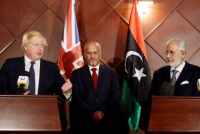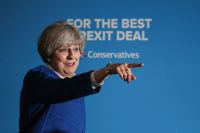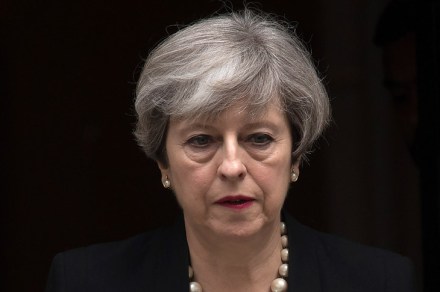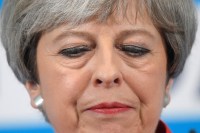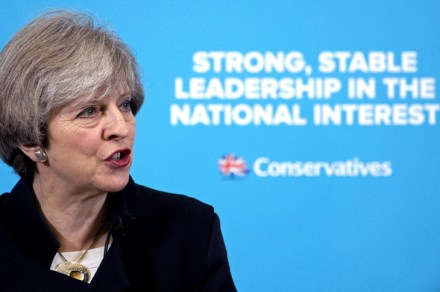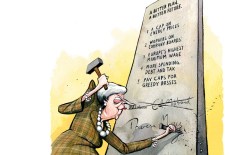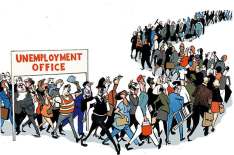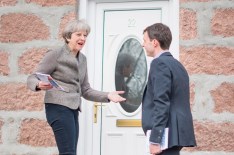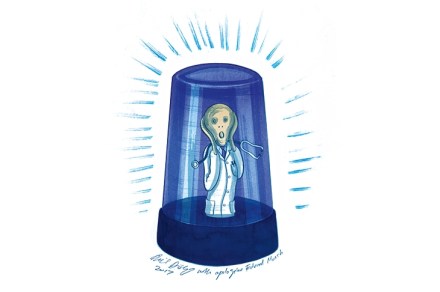Jeremy Corbyn’s one true virtue
Enough of all these vital, apocalyptic, existential elections. They don’t half wear you out. The Scottish referendum was vital and apocalyptic, so they said, because the wrong decision would have seen Britain crack like a plate, and Scotland spiral off into insane debt, and residual Britain fade in geopolitical importance. Or, on other side, Tory rule for a millennium, which no Scot could ever want. Hmmm. Then the 2015 election was vital and apocalyptic, too, because Ed Miliband… Ed Miliband… Hang on. What was the big problem with Ed Miliband? There definitely was one. Ah yes, his dad hated Britain. Also he was incompetent. Didn’t even know how many kitchens
